“It is often heard that the rise of the holy and wise emperors must be due to the fact that heaven and earth have combined their excellence, mountains and rivers show their sacredness, and harmony gathers in response to the occasion.” The inscription on the stele at the temple of King Le Dai Hanh is also a summary of the illustrious historical figure, whose “legacy” he left behind contributed to opening a new era on the journey of building the glorious Dai Viet nation.
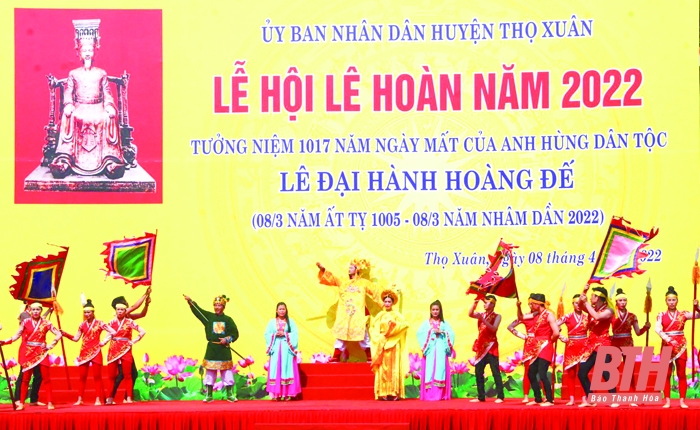
Military genius
The thousand-year history of building and defending the country of our people has proven a truth: whenever the Fatherland is in danger, there will appear a historical figure capable of shouldering the important mission: Winning independence, building the nation's foundation. Emperor Le Dai Hanh is such a historical figure. Le Hoan (941-1005) was from Xuan Lap, Ai Chau (now Xuan Lap commune, Tho Xuan district). When he was young, his family was poor, his parents died early. A mandarin named Le took pity on him and took him in. Le Hoan worked hard and diligently, so he was taken care of and taught by the mandarin named Le with all his heart. Le Hoan was intelligent, learned everything he learned, was ambitious, strong, and good at martial arts. At the age of 15 (in 956), he followed Dinh Bo Linh's eldest son, Dinh Lien, to participate in the suppression of the 12 warlords. Thanks to his many achievements, he was trusted by Dinh Bo Linh and assigned to command 2,000 soldiers. With talent, quick wit, and the love of his soldiers, in 971, at the age of 30, he was appointed as the Commander of the Ten-Way Army under the Dinh Dynasty, the commander of 10 armies in the country.
After suppressing the 12 warlords, the Dinh Dynasty's nation-building career had just established a solid foundation when a great disaster suddenly struck. At the end of 979, King Dinh Tien Hoang and his eldest son Dinh Lien were assassinated by Do Thich. The court was forced to enthrone Dinh Toan, who was only 6 years old, to inherit the great cause of the Dinh Dynasty. General Le Hoan, the general of the Ten Directions, held the regent position. Seeing this, Dinh Tien Hoang's generals Nguyen Bac, Dinh Dien, and Pham Hap suspected that Le Hoan, with power in his hands, would do something disadvantageous to the king, so they raised an army together, divided into two water and land routes to advance to the capital Hoa Lu to overthrow Le Hoan, but were swept away by Le Hoan.
At that time, in the North, the Song Dynasty was in its prosperous period. Hearing that Dinh Tien Hoang had passed away and that Dinh Toan had succeeded him at a young age, the courtiers were at odds and fighting each other, the Song Dynasty took the opportunity to send troops to invade our country. Upon receiving a request from the Governor of Ung Chau (present-day Nanning, Guangxi), Hau Nhan Bao asked to attack Dai Co Viet, the Song King immediately appointed Hau Nhan Bao as Giao Chau Water and Land Transport Envoy, together with Ton Toan Hung, Vuong Soan, Tran Kham To, Thoi Luong, Luu Trung, Gia Thuc, leading 30,000 troops from Kinh Ho (present-day Hunan and Ho Bac) by land and water routes to invade our country.
Faced with the urgent situation, Queen Mother Duong Van Nga and the generals unanimously honored Le Hoan as emperor. In 980, Emperor Le Dai Hanh ascended the throne, opening the Tien Le dynasty. Immediately after ascending the throne, the king quickly stabilized the political situation and prepared forces for the resistance war against the Song. On the one hand, the king sent generals to lead troops in all directions to guard against the Song army; on the other hand, he sent someone to deliver a letter to the Song dynasty claiming to be a letter from Dinh Toan asking for a title, with the intention of making the Song dynasty delay its troops. In March of the year Tan Ty 981, the Song army massively invaded our country. Hau Nhan Bao and Ton Toan Hung led the army on land to attack Lang Son; Tran Kham To attacked Tay Ket; Luu Trung led the navy to enter Bach Dang river. On the water route, the king ordered stakes to be planted on Bach Dang river according to the previous strategy of King Ngo. On the land route, he sent someone to pretend to surrender and lure Hau Nhan Bao to Chi Lang, set up an ambush and beheaded him. The king commanded his troops to block and attack Tran Kham To, causing this army to be defeated, more than half of them died, their corpses were scattered all over the fields, two enemy generals, Quach Quan Bien and Trieu Phung Huan, were captured alive. Thus, within just a few months, three large armies of the Song Dynasty were defeated by the king and his subjects of the Tien Le Dynasty, the lucky survivors had to risk their lives to escape to the other side of the border.
The resistance against the Song was victorious, the northern border was temporarily peaceful, but the southern border was always fraught with instability. Previously, in 979, Ngo Nhat Khanh (who surrendered to Dinh Bo Linh, but later fled to Champa and plotted revenge), along with the king of Champa, led more than 1,000 warships by sea to Dai An port, hoping to capture Hoa Lu. Due to a big storm, many ships sank, and Ngo Nhat Khanh drowned. Although the king of Champa escaped death, he was still resentful and imprisoned two Le envoys, Tu Muc and Ngo Tu Canh. After the resistance against the Song was victorious, King Le Dai Hanh personally led an army to attack Champa. The king of Champa died in battle, many citadels were destroyed, thanks to which the southern border was at peace.
It can be affirmed that when internal and external enemies threatened the survival of the nation, the influential historical figure at that time, Le Hoan, had no choice but to take on the mission of protecting the country from invasion. Evaluating the king's fight against the Song and pacification of the Champa, historian Ngo Si Lien commented: "Wherever the king fought, he won, beheading the Champa king to wash away the humiliation of the vassal, capturing the historian, destroying the Trieu Tong army to break the plot of the king and his subjects to win, he can be called the greatest hero of his life". Historian Le Van Huu commented: "Le Dai Hanh killed Dinh Dien, captured Nguyen Bac, captured Quan Bien, Phung Huan, as easy as herding children, like ordering slaves, in less than a few years the country was peaceful, the achievement of the battle was not better than that of the Han and Tang dynasties"!
The one who laid the foundation for building a prosperous nation
Not only military talent, history also records a lot of valuable information, helping future generations know more about King Le Dai Hanh's talent in the aspects of economic development, culture, diplomacy...
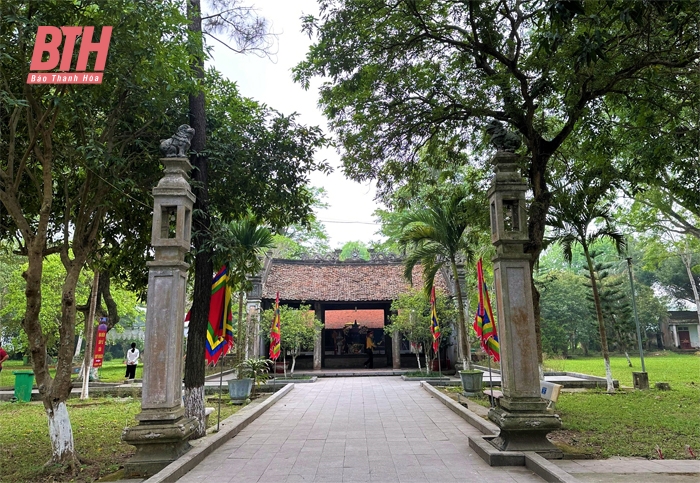
Immediately after the war against the Song and the pacification of the Champa, King Le Dai Hanh embarked on the task of reviving the country, creating the foundation for building a strong Dai Co Viet nation. Accordingly, the king rearranged the administrative apparatus from local to central levels; changed the provinces into prefectures, roads, and districts, and placed the chiefs and commanders in the basic units (today's villages and hamlets)... It is said that, up to that time, King Le Dai Hanh was the first person in history to show his awareness of centralizing power in the state apparatus from top to bottom, both upstream and downstream. Traffic and economy under the Tien Le dynasty were also emphasized. In particular, King Le Dai Hanh paid great attention to agricultural development. Historical records recorded that in the 8th year of Dinh Hoi (987), in the spring, "the king began plowing the communal fields in Doi mountain, and got a small jar of gold. He also plowed in Ban Hai mountain, and got a small jar of silver, so he named it Kim Ngan field". With that action, Le Dai Hanh was the king who initiated the Tich Dien ceremony, to encourage agricultural production.
He was also the first king to dig rivers, connecting major rivers, creating a convenient waterway transportation system, and at the same time effectively supporting agricultural cultivation. In addition, handicrafts were also encouraged to develop; shipbuilding workshops and bronze foundries were organized for production; trade with neighboring countries was also allowed by the court... In addition, the king also minted Thien Phuc coins, the first coins in the history of our country. Tax issues were also given attention... These are considered "evidence" showing the awareness of building an organized, sustainable state government institution under the Tien Le dynasty. In particular, the magnificent reconstruction of Hoa Lu citadel, King Le Dai Hanh truly laid the foundation for our country to enter a new period: the brilliant Thang Long cultural period.
Not stopping there, the diplomatic field under the Le Dai Hanh dynasty also left many proud marks. It was an independent, autonomous diplomacy with both flexible and firm policies. After the defeat in 961, the Song Dynasty had to recognize Le Hoan as the head of our country and in essence recognized the autonomy of Dai Co Viet. Continuously, the Song Dynasty's envoys came to express friendly relations, and when meeting the king, they had to show respect. Although receiving the envoys openly, the king always maintained a tough attitude. For example, the king recognized our country as a small, distant country, but always displayed to the envoys the military strength and indomitable will of our people. Or once, the Song Dynasty's envoys came to demand that the king kneel to receive the royal decree, but the king used the excuse of a sore leg to not kneel. Then, to avoid the inconvenience and expense of receiving the envoy, the king also suggested that the Song Dynasty send an envoy to deliver a letter to the border and inform the Hoa Lu court to send someone to receive the Song Dynasty's imperial edict. In particular, although he promoted a policy of peaceful relations, in the border area, the king always maintained vigilance, and if necessary, he would teach the bandits a suitable lesson, so that they would not dare to provoke or invade.
It can be affirmed that the glorious career associated with the protection and construction of the country of Emperor Le Dai Hanh has left a brilliant mark in the history of the nation. Even though it has been more than a thousand years since his death, many valuable lessons on military art, consolidating the government and developing the economy, culture and society... that he left behind have become provisions for our nation to firmly step on the journey to realize the aspiration for prosperity.
Khoi Nguyen
The article uses some materials in the books "A Brief History of Vietnam" (Hanoi Publishing House 2015); "Kings, lords, and notable figures who were from Thanh Hoa in the history of the nation" (Thanh Hoa Publishing House 2019); "King Le Dai Hanh and his homeland, Trung Lap village" (Thanh Hoa Publishing House 2005).
Source




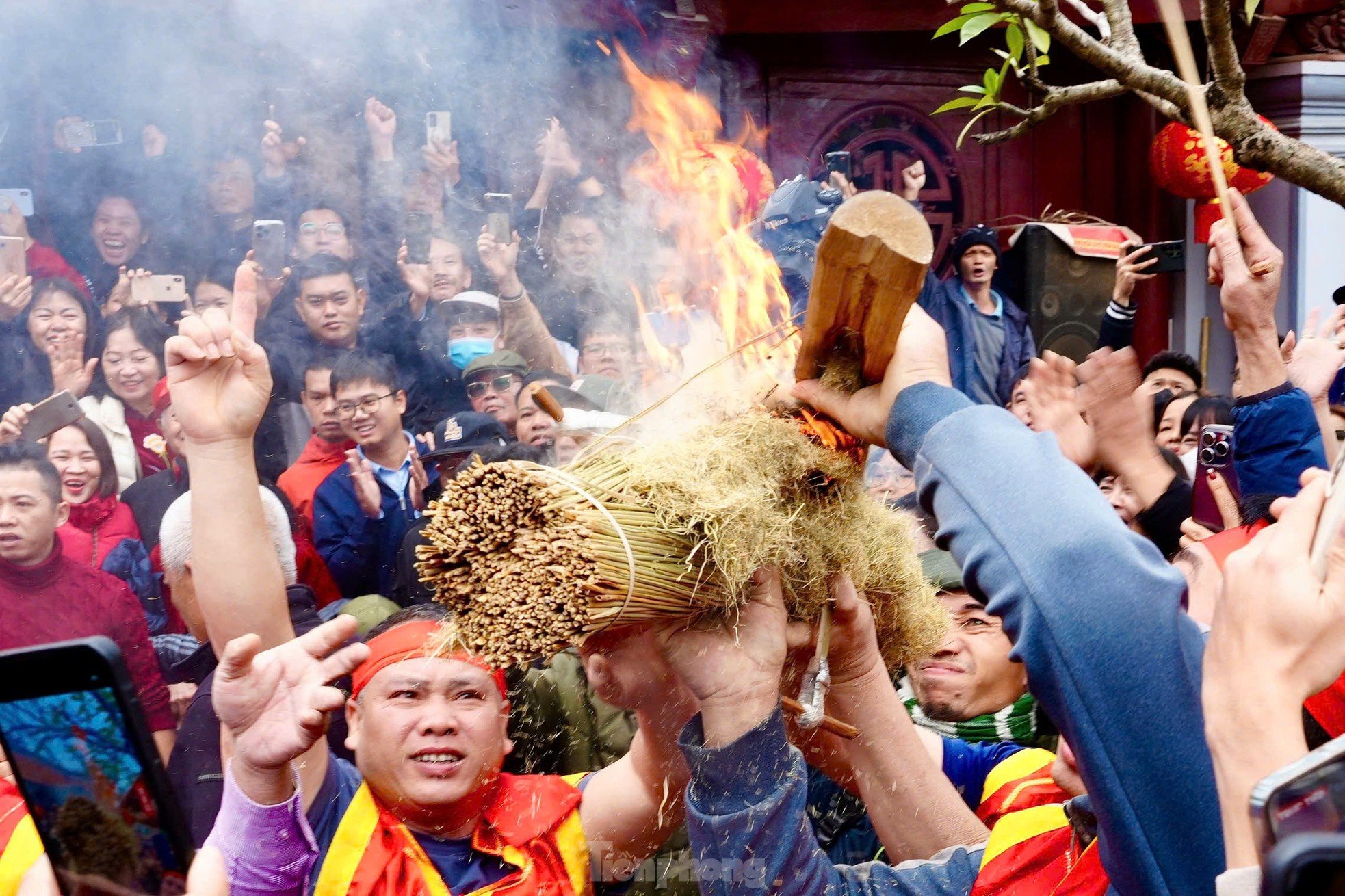
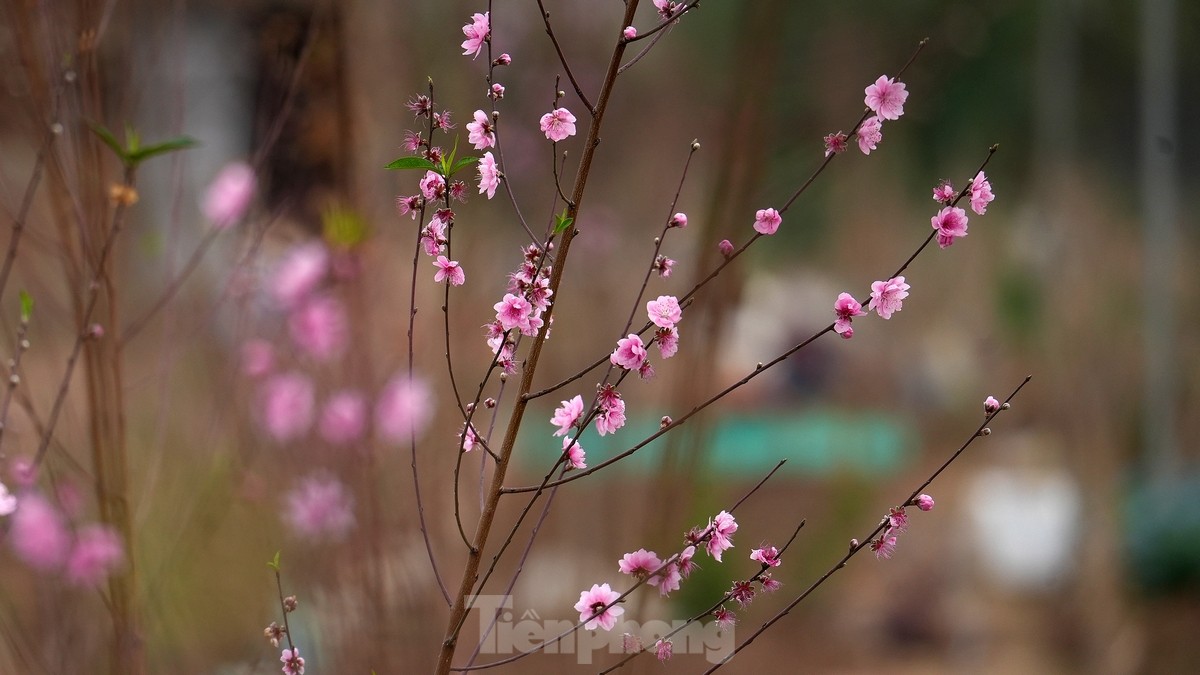
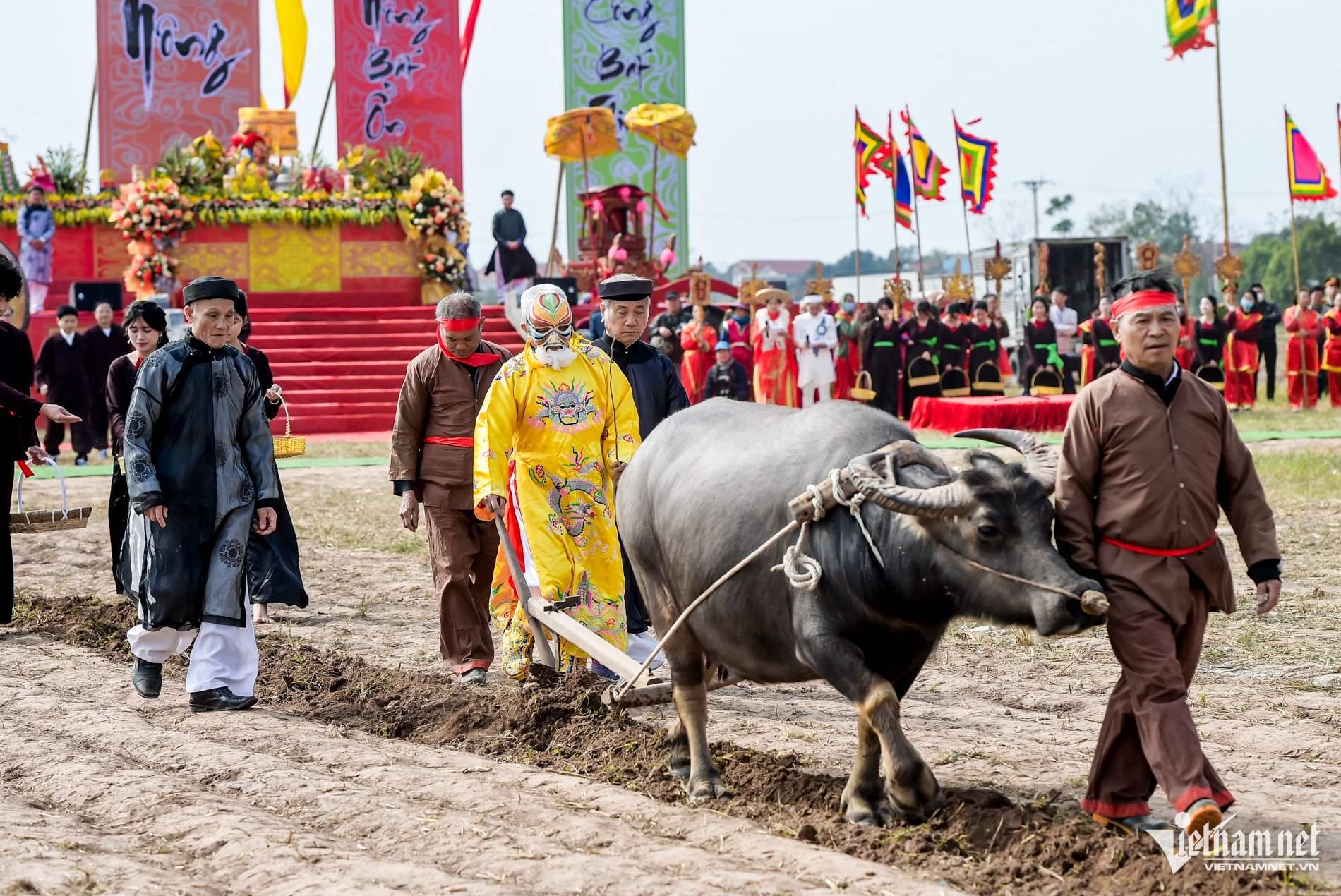

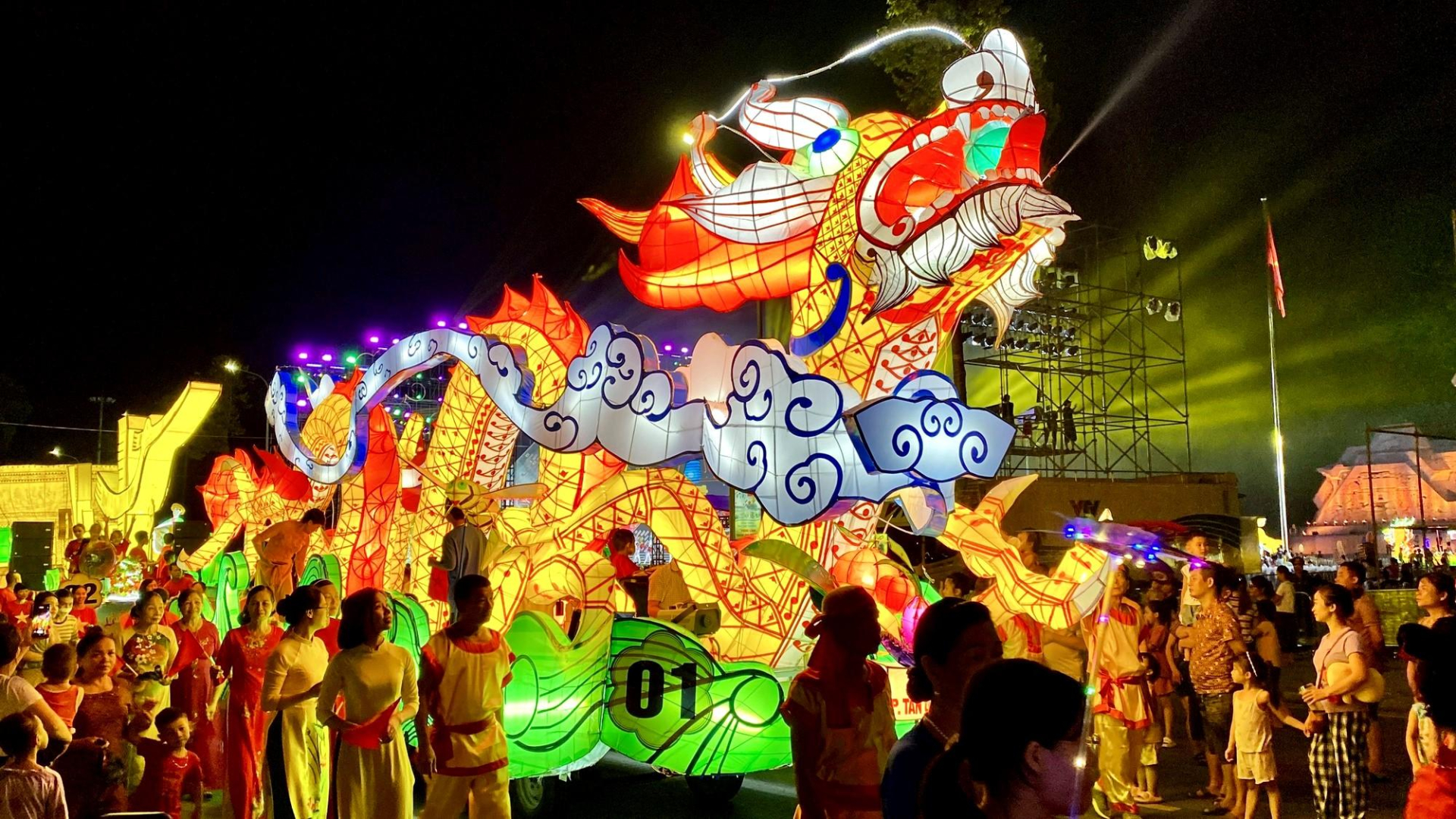


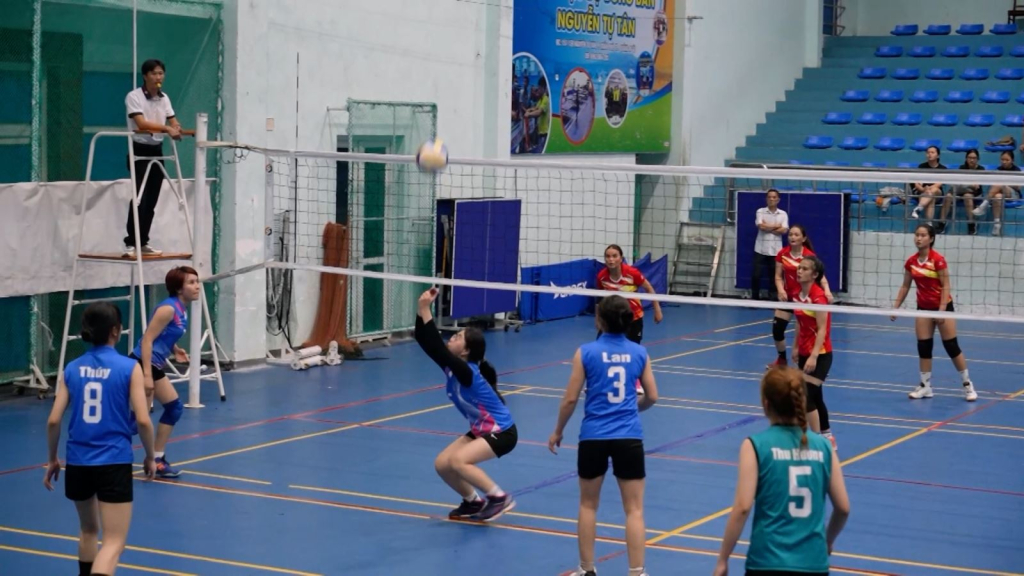
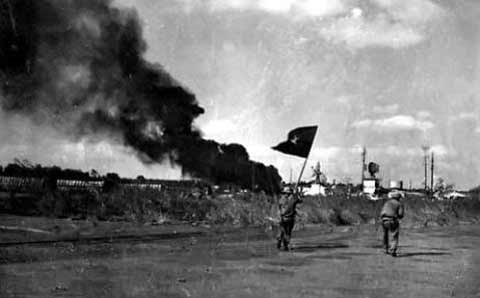


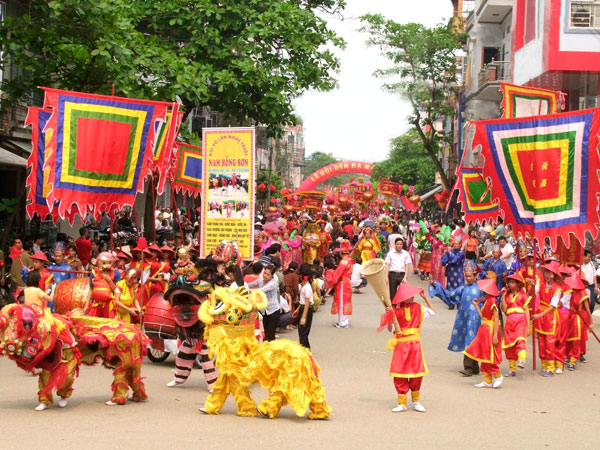
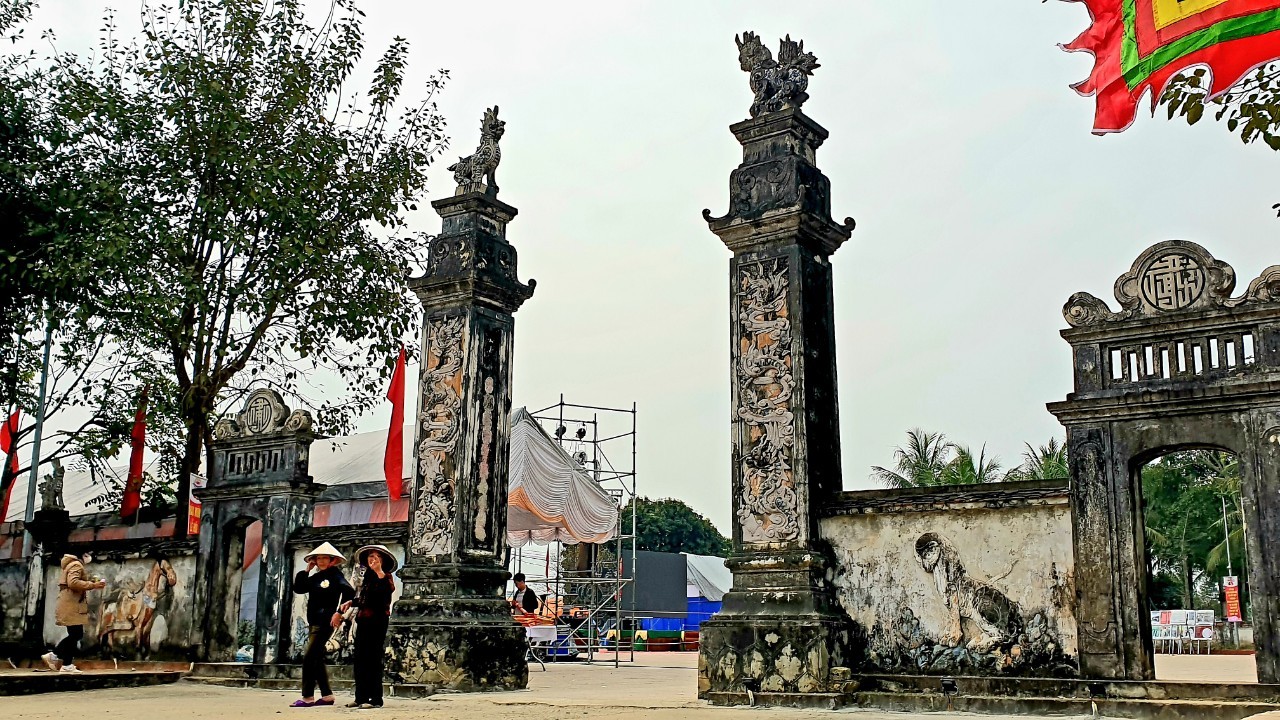


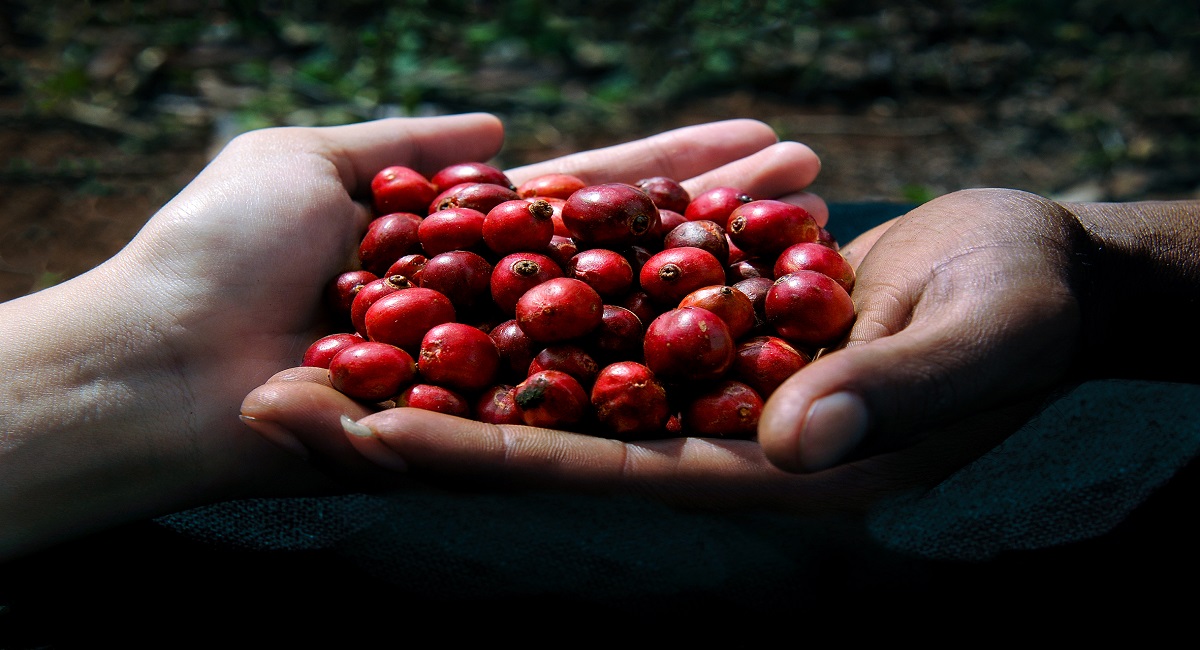


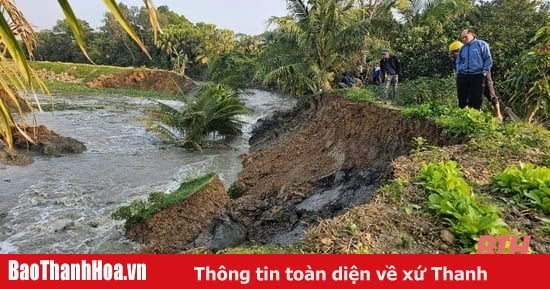
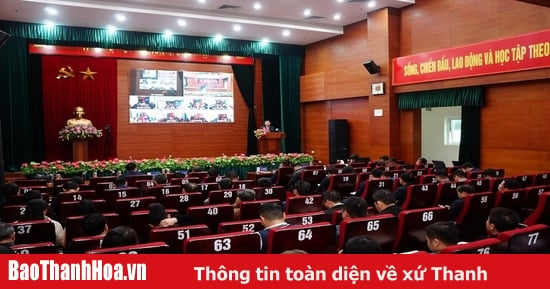
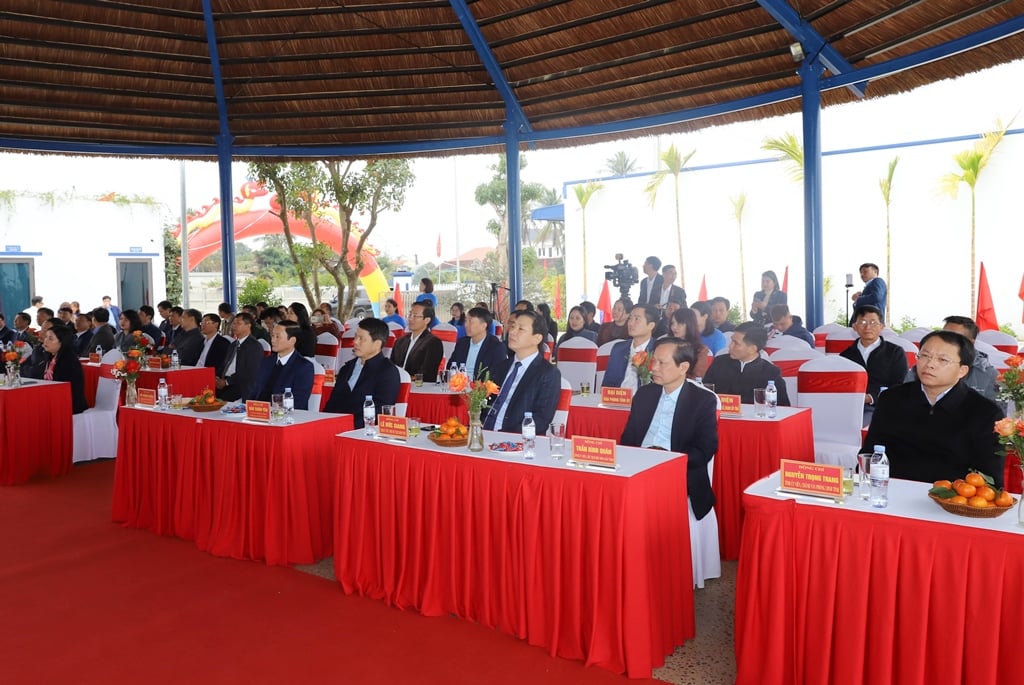
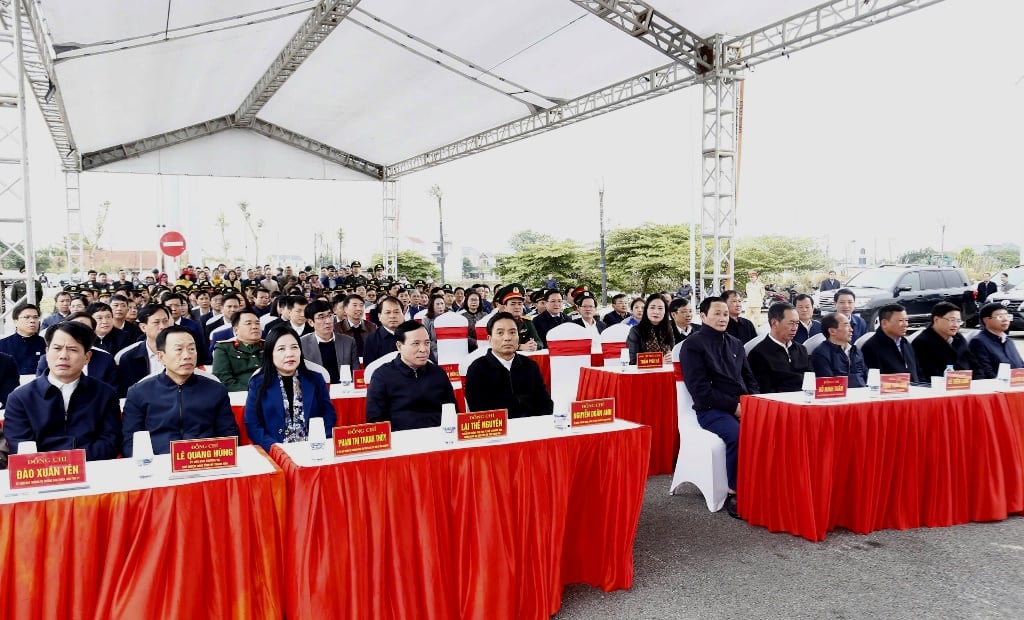
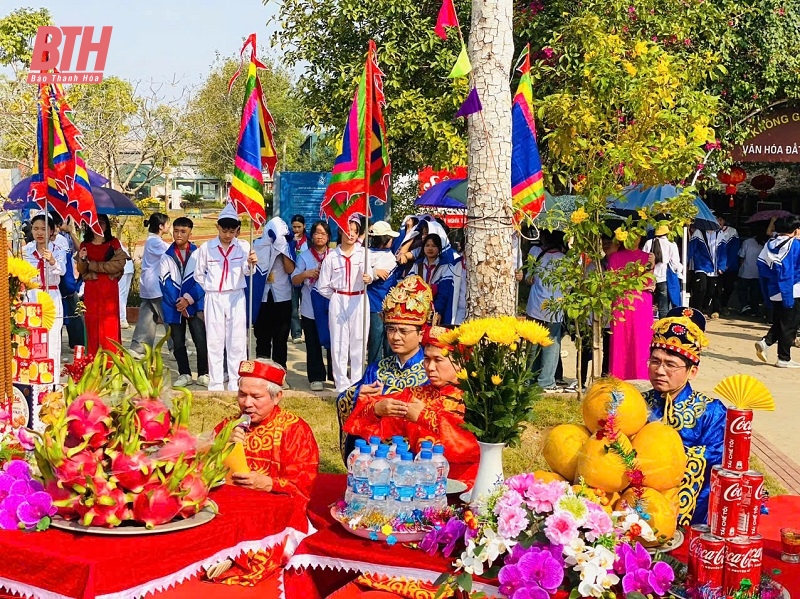
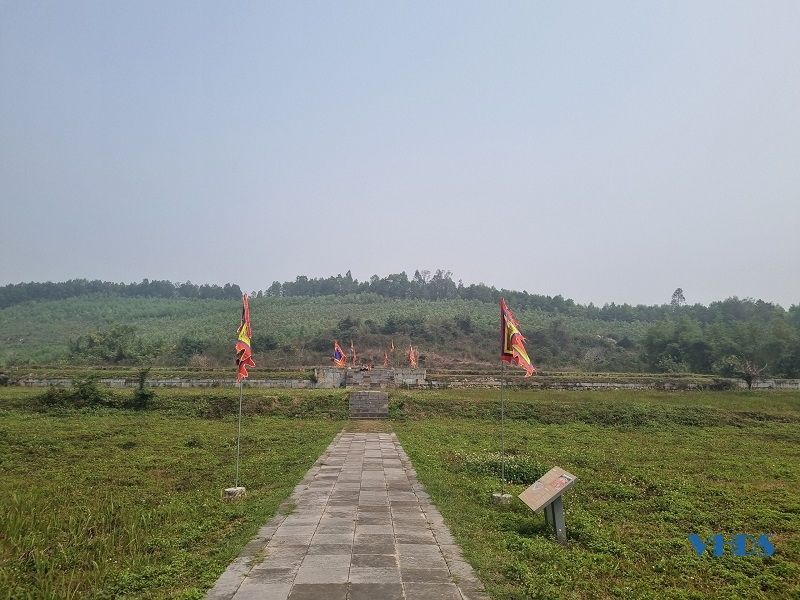
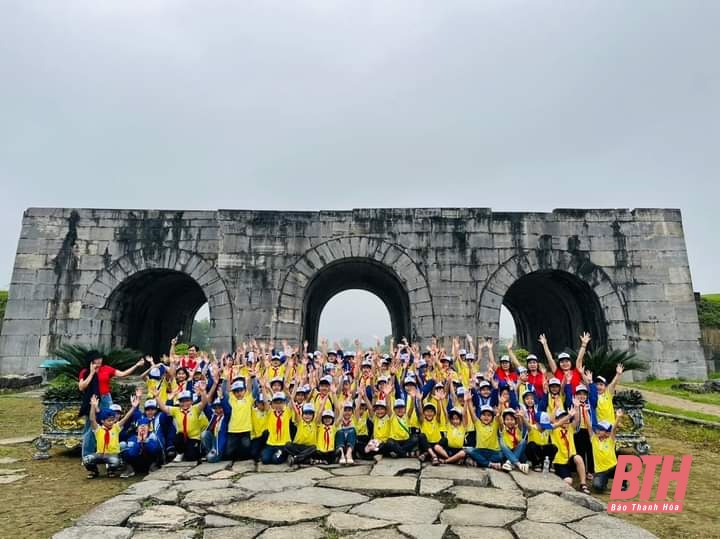
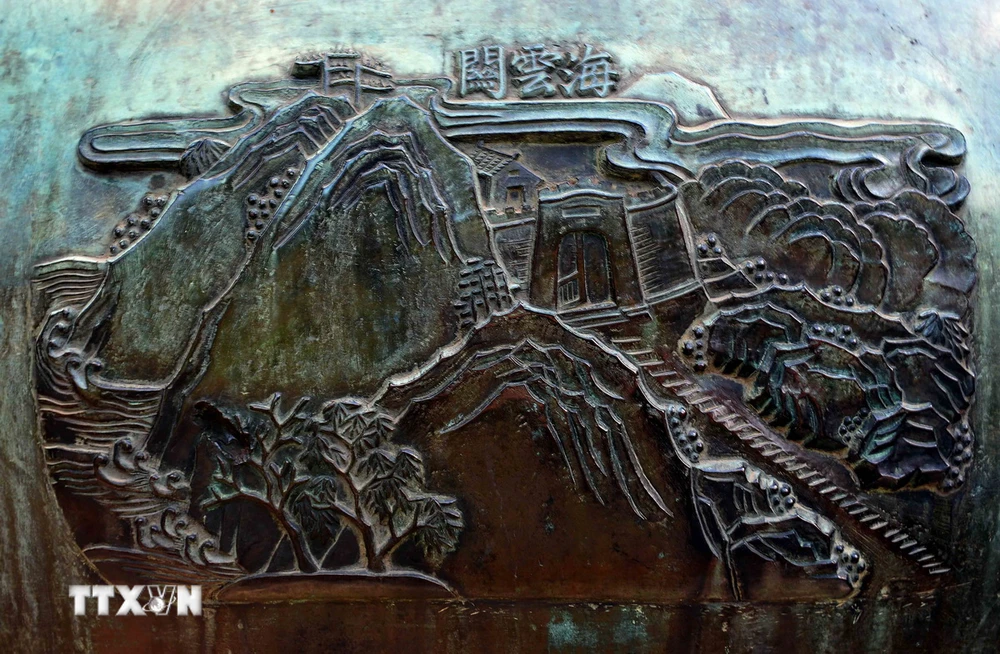
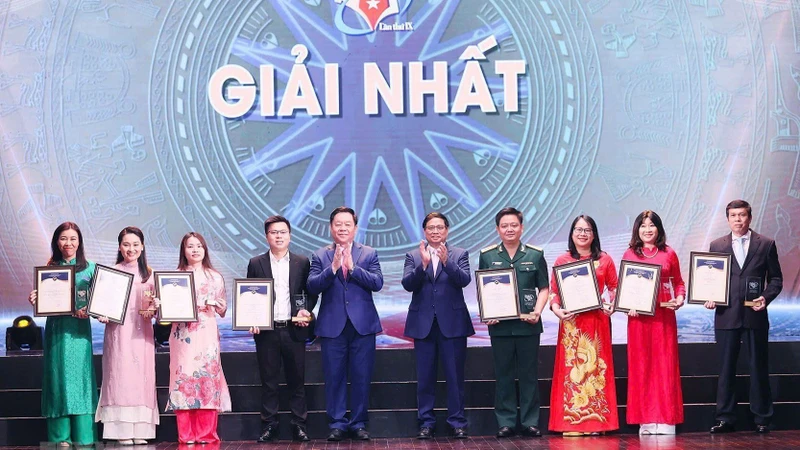

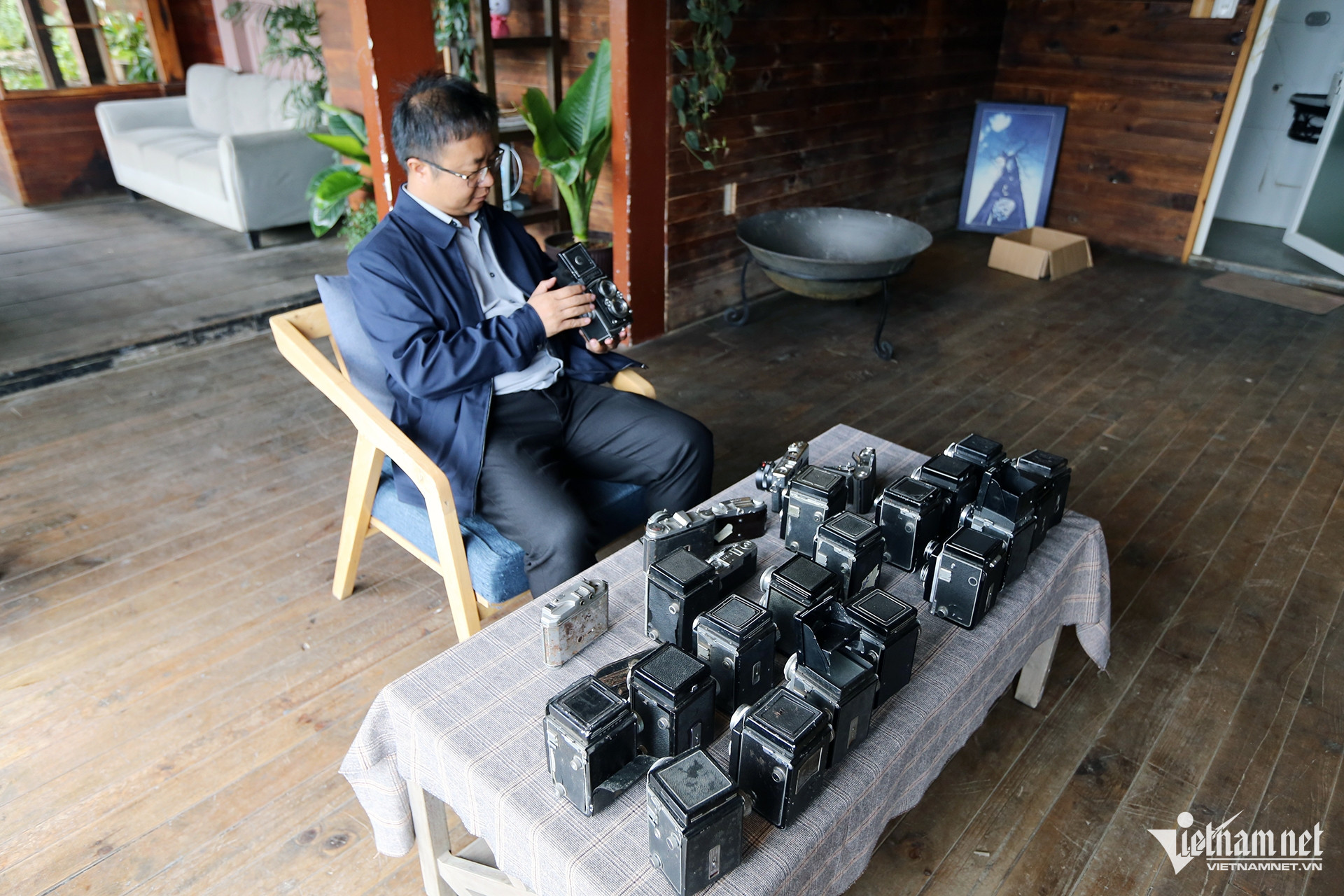







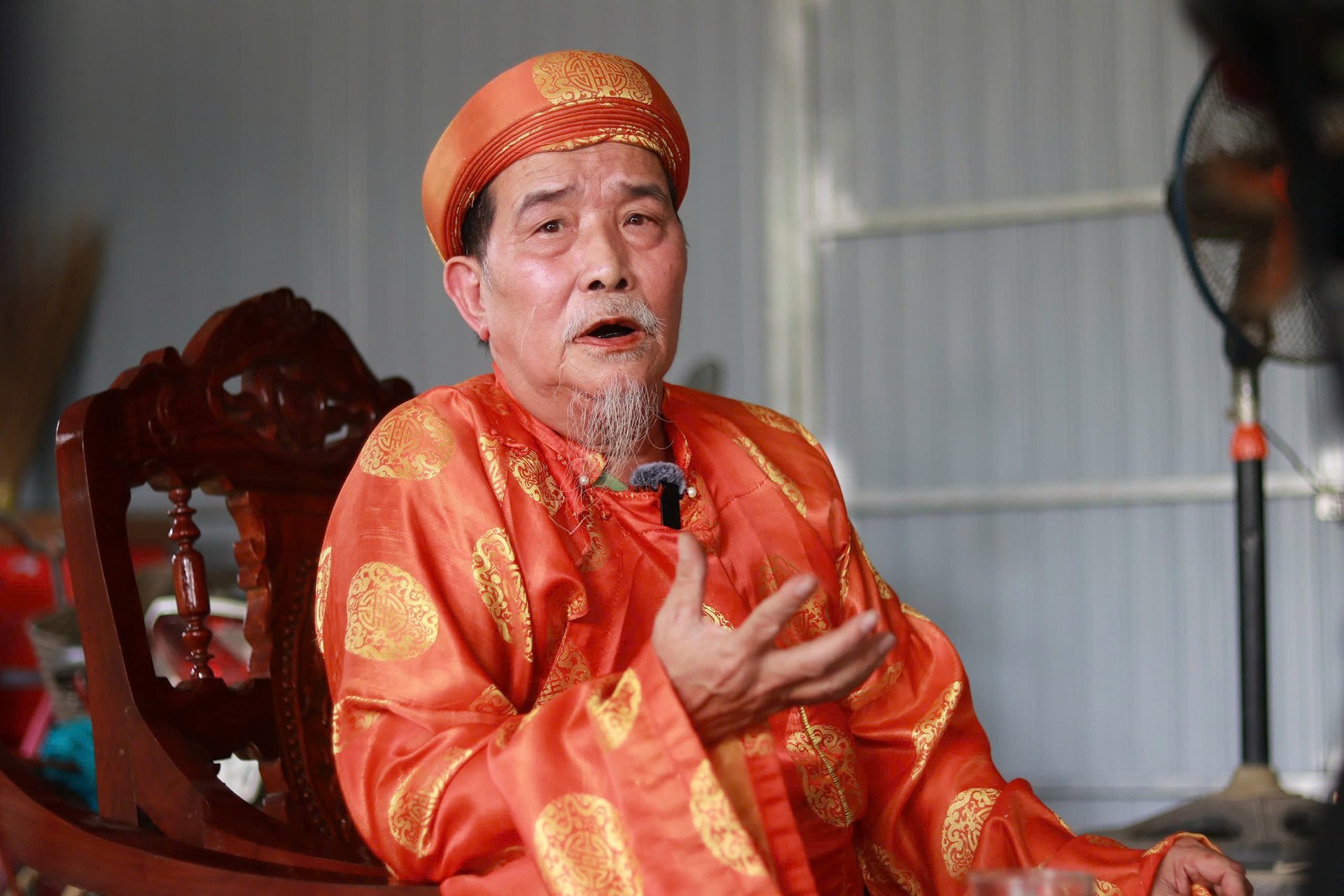
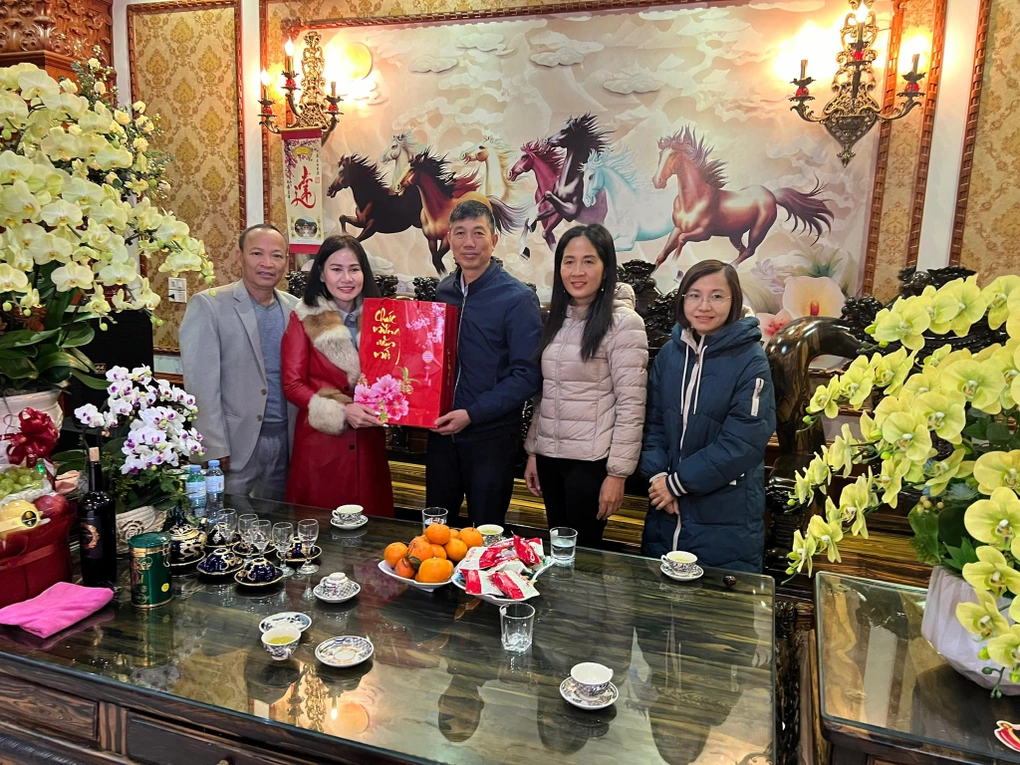





Comment (0)